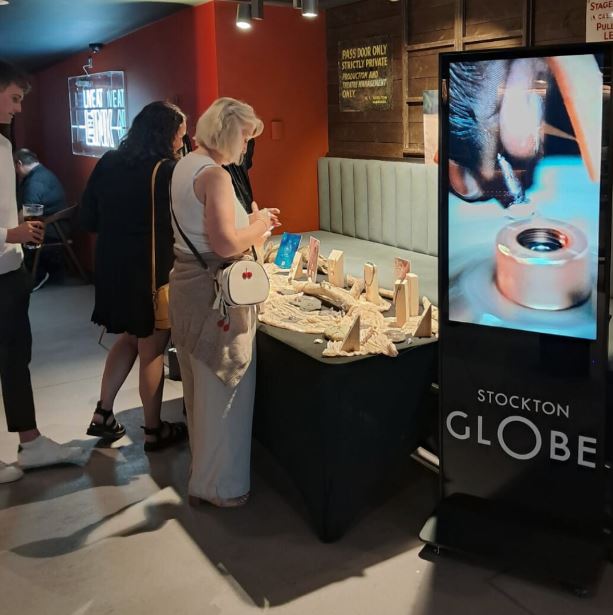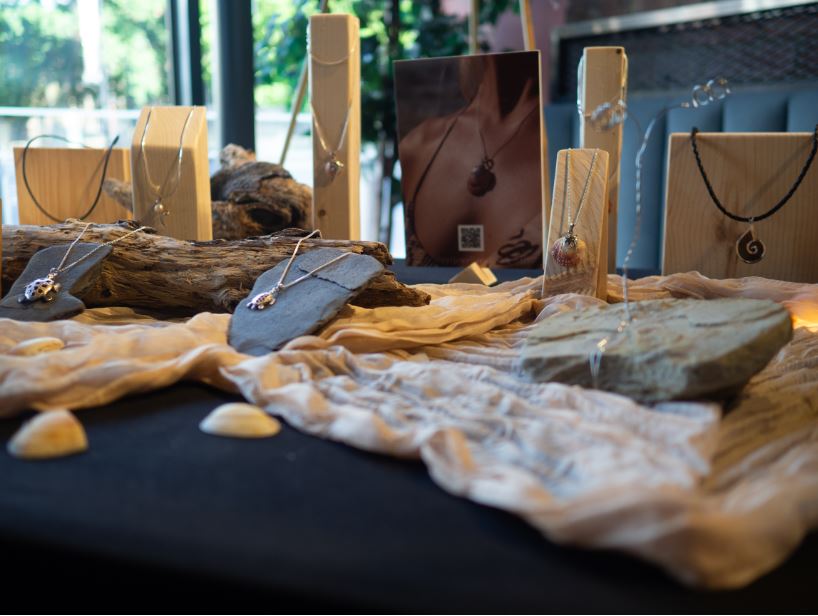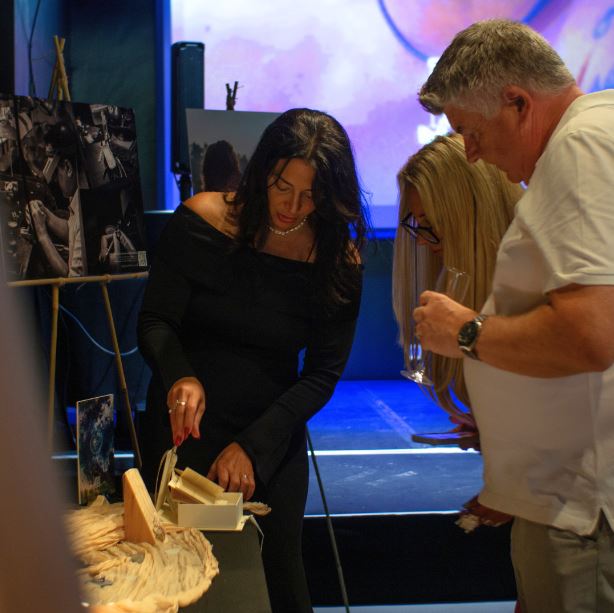With a shared mission to enhance Sri Lanka’s position on the global stage, leading diversified conglomerate DIMO and young racing prodigy Yevan David have forged a partnership that redefines the country’s path to the international motorsport arena. Yevan’s exposure to motor racing started at the tender age of six, when he went karting with his…
From Sri Lanka to the UK: Sippi Jewellery Launch Showcases the Power of Cross-Cultural Craft Collaboration

Sri Lanka’s craft sector has reached a new milestone with the international launch of a jewellery brand co-created by local artisans and a British creative entrepreneur. The debut marks a huge first for Sri Lanka under a multilateral cultural and trade programme, connecting creative vision with heritage craft on a global stage. It is the latest success story from an initiative bringing together institutions across Sri Lanka, the EU and the UK to transform artisan skills into premium export opportunities.
Sippi, a flagship candidate of the EU–Sri Lanka Matchmaking Programme, delivered with the Sri Lanka Export Development Board (EDB), supported by the European Union to Sri Lanka and the Maldives, the Cultural Relations Platform (CRP), with the University of the Arts London (UAL) and British Council as knowledge partner and The Institute of Future Creations (TIFC) as programme leader, has achieved a significant milestone with the launch of the first collection in the United Kingdom.

This launch stems from connecting European creatives with Sri Lankan artisan brands for a year of skills development, market access support and co-creation. Earlier this year, Sippi Jewellery founder Sepideh Mojabi, a Churchill Fellow with a background in community entrepreneurship, undertook intensive training and mentoring in Sri Lanka alongside local artisans, focusing on sustainable production, ethical compliance and export-ready product development.
Last month saw the debut of Sippi Jewellery’s first collection in the UK. The range, co-created with Sri Lankan artisans, blends traditional techniques, responsibly sourced materials and story-driven design that speaks to heritage, ocean stewardship and cultural exchange.
“This launch is the result of genuine, respectful collaboration between creative vision and artisan expertise,” said Robert Meeder, Project Lead for the EU/EDB programme and Founder of TIFC. “We are showing how the Sri Lankan craft sector can compete in premium global markets when given the right partnerships, design input and international exposure.”

The brand name Sippi comes from the Sinhalese word for seashell, a symbol Sepideh connected with while surfing along Sri Lanka’s coast during her Churchill Fellowship research on rural resettlement and migration. That experience, coupled with the training she received through the EU/EDB initiative, shaped a philosophy that honours heritage while embracing contemporary form.
Sippi’s journey reflects the core aim of the programme: to create sustainable export pathways for Sri Lankan craft brands by pairing artisan producers with international creative collaborators, embedding fair-trade and environmental best practice, delivering market-specific design mentoring via UAL, and showcasing results at targeted international platforms, including the upcoming London showcase with UAL in January 2026.
“Working through this programme has been transformative,” said Sepideh Mojabi. “I have never labelled myself a designer in the traditional sense, but I have always been a creative entrepreneur with a deep respect for craftsmanship. This programme gave me the tools, the access, and the partnerships to translate ideas into a tangible collection. The pieces we launched in the UK are not just jewellery — they carry the stories of the people who made them, the heritage they come from, and the shared respect we built during the process. The launch was a moment of pride for everyone involved, from the makers in Sri Lanka to the customers in the UK who now wear their work. It pushed me to think beyond aesthetics and into ethics, market readiness, and the deeper value of storytelling. Seeing our work evolve from initial sketches in Sri Lanka to being worn internationally shows what is possible when collaboration is built on trust and shared purpose.”
“Sippi’s launch is a clear example of how this programme links makers and markets,” said Hannah Middleton, International Development Manager at University of the Arts London. “The outcome is not just beautiful jewellery, but a strong, ethical brand narrative that carries Sri Lankan craft to a wider audience.”
With international interest growing and a compelling story at its core, Sippi Jewellery’s success signals the strength of Sri Lanka’s craft sector when supported by targeted training, thoughtful partnerships and meaningful market exposure. It stands as an example of how cultural heritage, when nurtured through modern collaboration, can create lasting economic and creative impact far beyond its place of origin.





